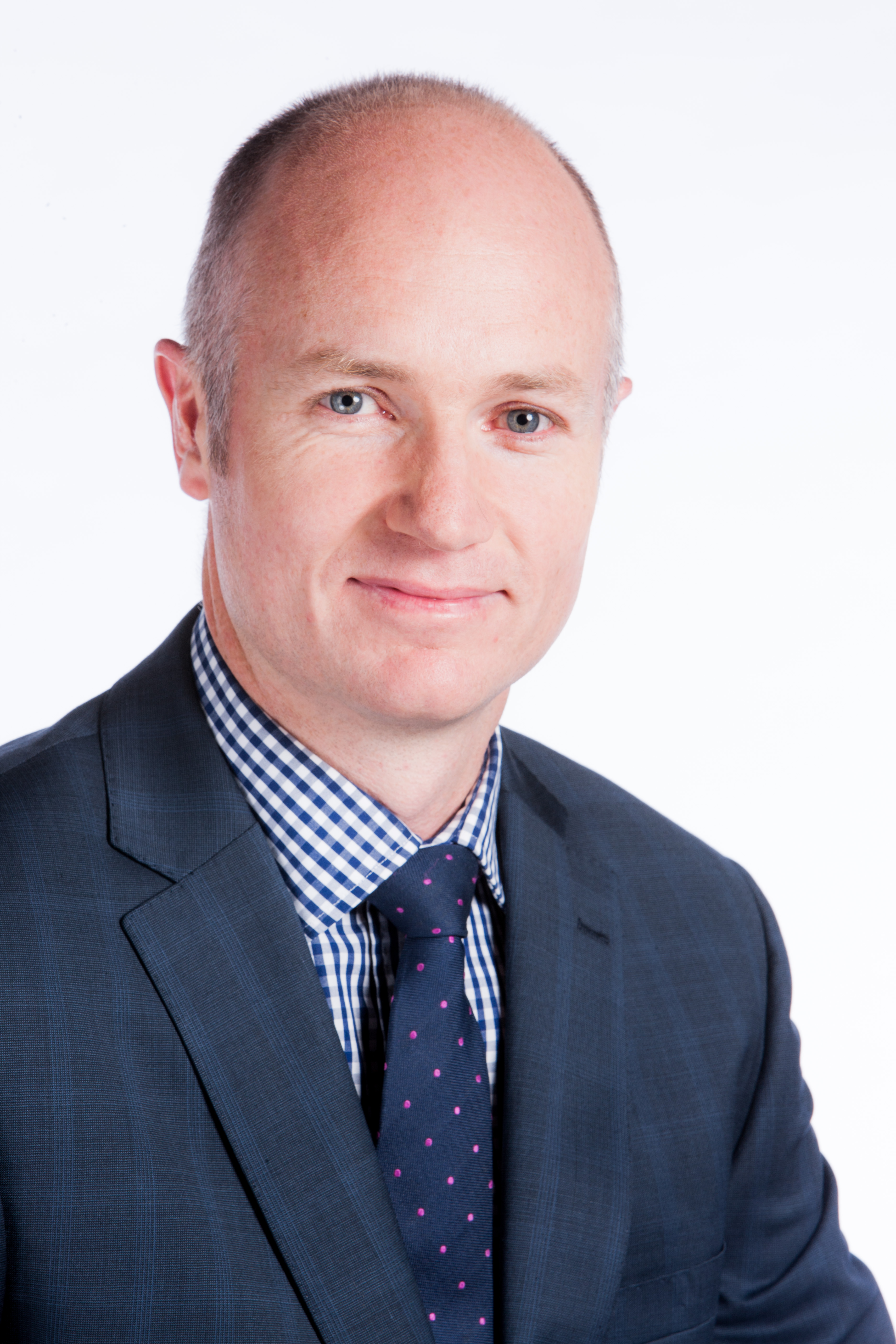Viewers want more stories, not details, from TV news bulletins: Nine News Melbourne boss
Television viewers prefer to digest a large quantity of stories from a nightly news bulletin, rather than being overwhelmed by more in-depth coverage, Melbourne’s boss of news in Melbourne has argued.
Hugh Nailon said Nine’s decision to move from a 30-minute to a one-hour bulletin in 2014 was driven by insights which revealed consumers don’t want longer stories, but do want more content.



I don’t watch Nine news as I want facts not bias and actual news rather than advertorial and celebrity gossip.
Nobody wants endless repeats of the same news as part of an update following ad breaks. Most people also want less bias reporting which appears to have infiltrated both 9 and 7 news broadcasts in recent times.
I suspect the real reason for one hour news is that it generates more revenue than the previous 30 minutes news when combined with the show that follows in the next 30 minutes.
When Mr Nailon says “we have enormous respect for our audience. Don’t treat them like idiots …” 9 News should practice what its boss preaches!
What Barry and Ryan say.
Both Seven and Nine should have the word ‘news’ stripped from their programming title.